Lamia Balafrej’s teaching and research explore the arts of the Islamic world. Her current book project examines historical intersections of technology, slavery, and visibility in the Mediterranean and South West Asia. Parts of this research have appeared in recent articles on gender, slavery, and technology (2023), automated courtly slaves (2022), and domestic slavery and skin color (2021). The project has been supported by a 2023 Rome Prize in Medieval Studies and a 2023 Getty Scholar Grant.
Prof. Balafrej’s interest in the relation of body and instrument grew out of her first book, The Making of the Artist in Late Timurid Painting (Edinburgh University Press, 2019, also available on jstor), where she explored Persian painting’s labor-intensive intricacy in relation to Persianate notions of representation, medium, and authorship. Essays and book chapters have also considered the role of displaced artists in the circulation and remaking of manuscripts; the art of the poetic anthology in the Persianate world; the enmeshment of iconoclasm and iconophilia in the Islamic world; and the presence of Islamic art in medieval Pisa.
Hailing from Morocco, Prof. Balafrej first studied literature at the University Mohammed V (Rabat, Morocco), before entering the Ecole Normale Supérieure of Paris in 2005. She received her Ph.D. in art history from the University of Aix-Marseille in 2013. Her work has been supported by grants and fellowships from various institutions, such as the American Academy in Rome, the Getty Research Institute, the Forum Transregionale Studien in Berlin, the Marion and Jasper Whiting Foundation, the Metropolitan Museum of Art, and the Smithsonian Institution.
Selected Links
- Rome Prize Fellowship, 2022–23.
- Getty Research Institute Scholarship, 2023.
- Podcast or Perish: Lamia Balafrej, June 2020.
